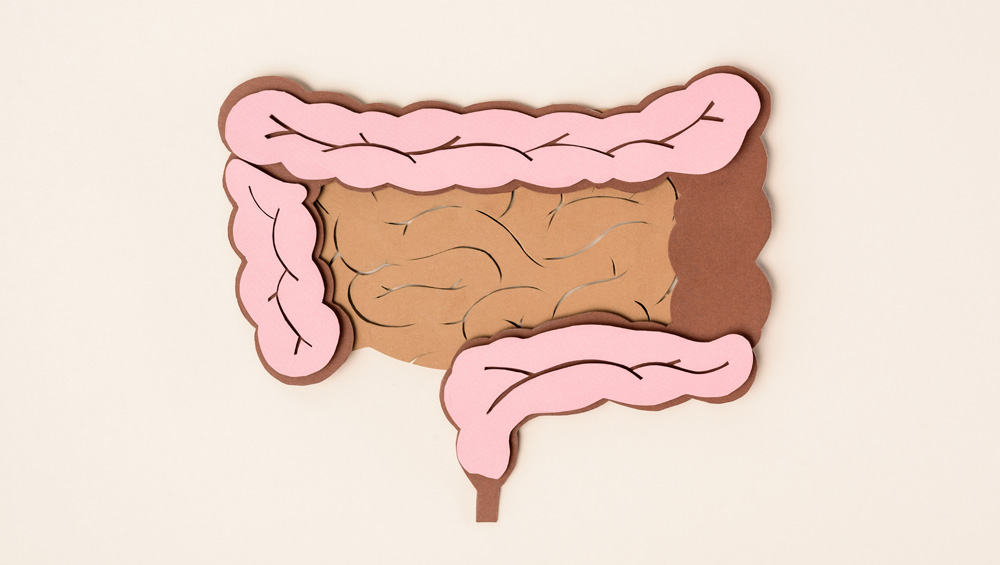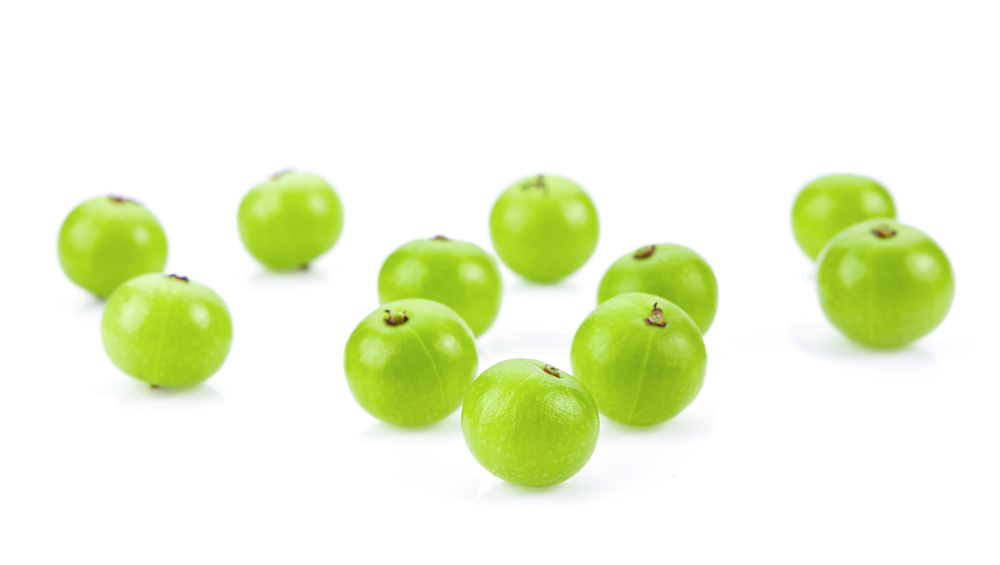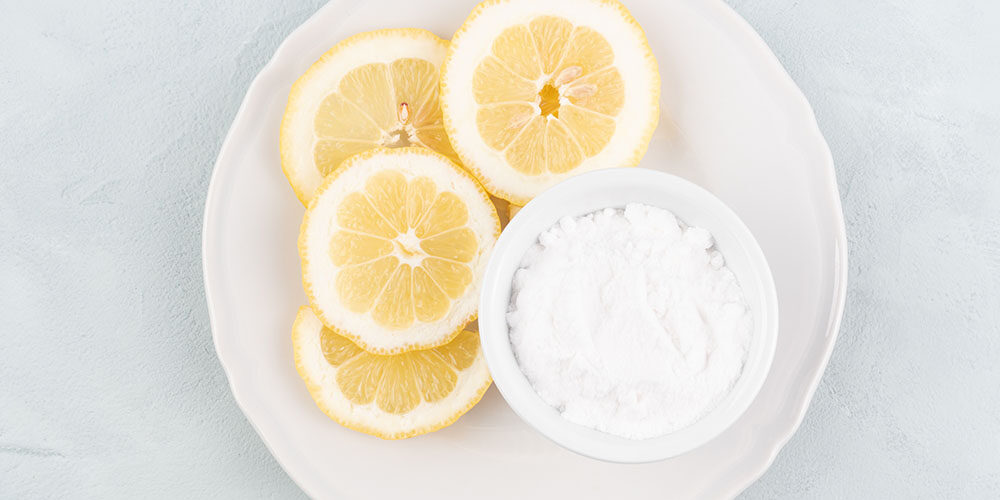No products in the cart.
7 Health Benefits of Bhumi Amla
Bhumi Amla (Phyllanthus niruri) is a small, erect annual herb native to the Amazon rainforest and other tropical regions such as South East Asia, Southern India, and China. It can reach a height of 30-40 cm. It has 7-12 cm long alternate, sessile, and oblong leaves. It has tiny, solitary flowers apetalous, auxiliary, pedicellate, monoecious, and white-greenish.
This herb is a member of the Euphorbiaceae family and has various therapeutic properties. It’s widely used all over the world. Phyllanthus niruri plant extract treats bronchitis, urinary problems, anaemia, leprosy, asthma, etc.
It is most common during the rainy season. This plant’s bark is light green in colour and smooth. Bhumi Amla fruits are tiny, smooth capsules containing seeds. The flowers are numerous and of a pale green colour. Bhumi Amla is also known as the stonebreaker and the gale of the wind. It is also found in China, Cuba, Nigeria, Guam, the Philippines, West Africa, and the United States. It grows wildly without being cultivated and is frequently misidentified as a weed. The Bhumi amla plant is small and thin, with small berry-shaped green fruit that resembles Amla (Indian Gooseberry). Bhumi Amla, Bhumyamalaki, Bahupatra, Tamalaki, Uttama, and Keezhanelli are some other names for it.
This herb has numerous benefits and uses, but it is best known as a cure-all for liver diseases. It is also known to help with kidney stones, stomach problems, and chronic fevers.
Benefits of Bhumi Amla: –
1. For Liver Diseases

Bhumyamalaki is beneficial to those suffering from liver disease. It is excellent for the treatment of diseases such as: –
- Jaundice
- Liver Cirrhosis
- Fatty Liver
- Chronic and acute Hepatitis B Virus
- Hepatitis C Virus
- Hepatitis A Virus
- Liver Failure
- Tuberculosis
- Hepatomegaly (Enlargement of the liver)
- Liver Cancer
The roots of Bhumi alma are made into a decoction and consumed to treat Jaundice. It reduces the elevated bilirubin levels (a symptom of Jaundice where red blood cells are broken down too fast, resulting in very high bilirubin production levels). 3 to 6 grams of fresh root powder mixed with milk can help restore liver health. It is an excellent liver tonic.
2. For Bacterial and Viral Infections, Use Bhumi Amla
It is also used to treat sexually transmitted bacterial infections such as Gonorrhea and Syphilis. Bhumyamalaki can also treat other bacterial infections such as prostatitis, venereal diseases, urinary tract diseases, and cystitis.
You can also use Techers’ Grace Wrica Immunity Booster for bacterial and viral infections.
3. Bhumi Amla Health Benefits for Women
It is also beneficial in Leukorrhea, a disease in which women have excessive white vaginal discharge. It is also effective in the treatment of menorrhagia. Breast swelling occurs during the menstrual cycle as well as after pregnancy. The paste of leaves can be applied to relieve swollen breasts, lumps, and pain caused by these conditions. It aids women in conceiving and dealing with menopausal symptoms.
4. Kidney and Gallbladder Stones Can Be Helped with Bhumi Amla

Bhumi Amla is the “stone breaker.” It dissolves kidney and gall bladder stones of all types. It is helpful in the treatment of kidney infections and swelling.
5. Bhumi Amla for Skin Conditions
Bhumi Amla is beneficial for treating all skin diseases. The paste made from its leaves can be used to treat skin ulcers and infections. Because of its anti-microbial and anti-viral properties, it can also be used to treat ringworm, wounds, scabies, and leprosy. Because of their anti-inflammatory properties, bhumi alma extracts can help with psoriasis and chronic pain caused by inflammation. To relieve itching, rub the leaves on any part of the body. Many skin and hair products contain root extracts, such as hair oils, massage oils, and body lotions.
6. For Mouth Ulcers, Use Bhumi Amla
This plant’s leaves help treat mouth ulcers and cold sores. Chewing on the leaves heals ulcers and strengthens the gums. It alleviates swollen gums and pyrea.
7. For Stomach and Intestine Health, Use Bhumi Amla

Bhumi Amla extract is beneficial for stomach issues. It prevents gastric ulcers by reducing gastric acid secretion in the stomach, protecting the stomach lining. Peptic ulcers, hyperacidity, intestinal infections, ulcerative colitis, vomiting, constipation, dysentery, stomach tumour, diarrhoea, excessive thirst, loss of appetite, and abdominal pain are all treated. The decoction can provide immediate relief from any type of stomach pain.
8. Use Bhumi Amla for Diabetes-Related Issues
Bhumi Amla has been shown to have anti-diabetic properties. Taking 10-20ml of the juice can help restore normal blood sugar levels. Bhumi alma dry powder mixed with black pepper can also help lower blood sugar levels. In diabetes, injuries take a long time to heal. The application of crushed bhumi alma heals wounds quickly.
Other Advantages of Bhumyamalaki: –

Aside from the benefits mentioned above, it is also beneficial in treating respiratory diseases such as cough, asthma, bronchitis, and other chronic respiratory problems. Every day, a decoction of bhumi amla and tulsi leaves can be consumed as a cough remedy.
It is also beneficial in the treatment of anaemia. The leaves can aid in the healing of broken or fractured bones and pain and inflammation. It also helps with bleeding disorders such as nasal bleeding and heavy menstrual bleeding. The fresh decoction of leaves can aid in treating malaria, typhoid, and other types of fevers. It functions as a natural blood purifier.
Chemical Formulation: –
Linolenic acid, Ricinoleic acid, and Linolenic acid are all found in seeds (54 percent). Chemical compounds found in the leaves include ligansniranthin, nirtetralin, and phyltetralin. Aerial Components: Fisetin-4-0-glucoside.
Consequences: – Pregnant or lactating women should avoid using this herb. It can cause stomach upset or diarrhoea in some people.
The extract of this plant is effective in treating hepatitis and may also be effective in treating human immunodeficiency virus (HIV)/acquired immunodeficiency syndrome (AIDS).
Phyllanthus niruri also has anti-inflammatory, analgesic, anti-fungal, anti-viral, anti-oxidant, antibacterial, hypoglycemic, hypotensive, hepatoprotective, and inhibitory effects on renal stone formation properties.
It is used in nearly 175 ayurvedic formulations, and the fruits of this plant are typically used to treat haemorrhages and diarrhoea.
It is also used in the production of chyawanprash, face lotion, hair oil dye, and tooth powder, among other health and beauty products.


